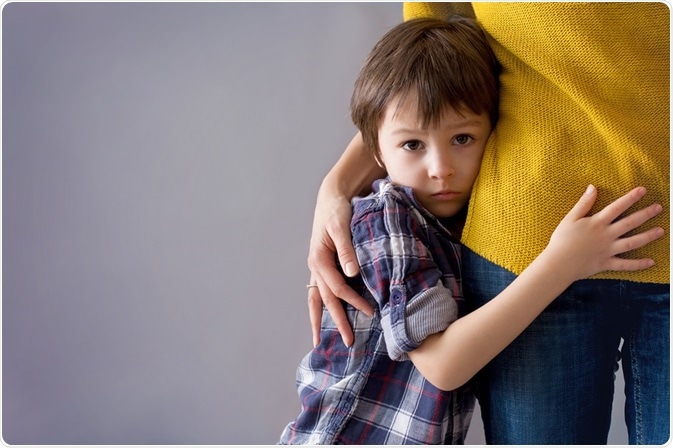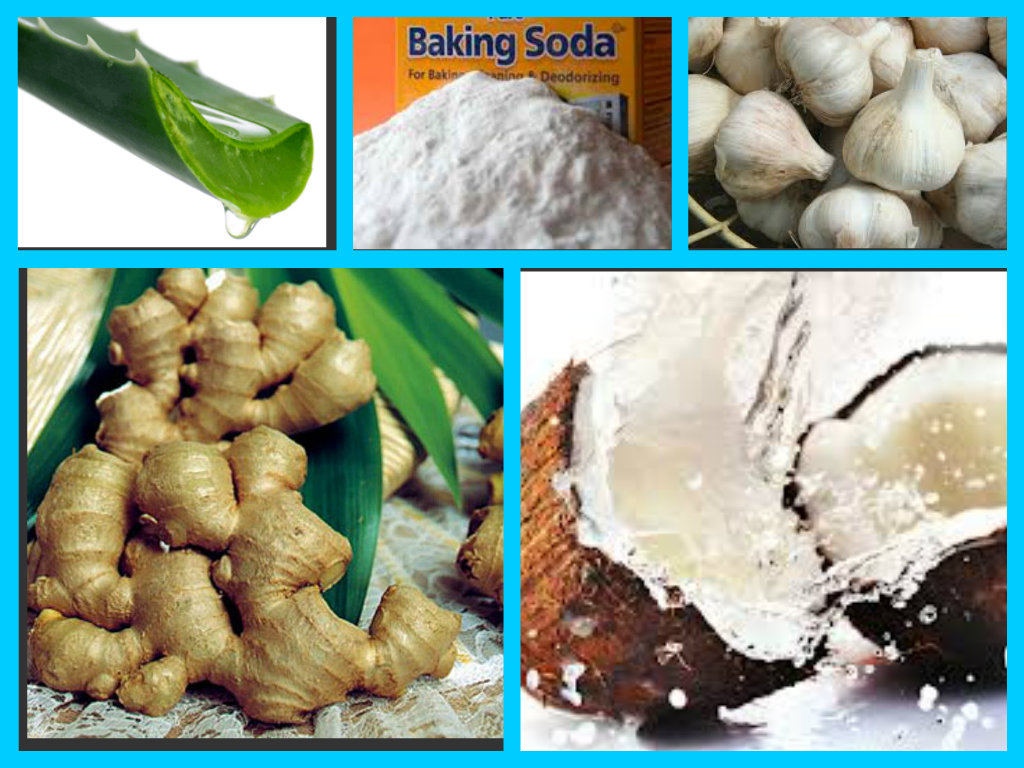Pneumonia is an infection of the lungs, which is caused by bacteria or viruses and can have symptoms affecting upper and lower airways and because of coughing can spread to other people.
Pneumonia can occur in anyone, at any age. But, babies under the age of 2 and adults over the age of 65 are usually at higher risk. People with coexisting lung diseases, uncontrolled diabetes and kidney issues are also at a higher risk of developing pneumonia (even before the age of 65 years).
Though getting the pneumonia vaccine reduces your risk of getting infected by pneumonia and reduces the severity of pneumonia if it develops, but it doesn’t eliminate it.
There are certain things that you can follow through instead of or in addition to the pneumonia vaccine.
Inculcating and practising healthy habits, which help to keep your immune system strong, may help to reduce your risk of getting pneumonia. Good cough hygiene also plays a key role and may help in reducing the risk.
Keeping children and babies away from people who have colds or the flu may help to reduce their risk of getting infected. Additionally, make sure to keep your child’s nose clean and dry and also teach your child to sneeze and cough into their elbow instead of their hand. This can help in reducing the spread of germs to others.
Viability Of Anti-Pneumonia Vaccine: Does It Work?

There are two kinds of pneumococcal vaccines available:
- Pneumococcal conjugate vaccine or PCV13
- Pneumococcal polysaccharide vaccine or PPSV23
CDC recommends PCV13 for all children younger than 2 years old and people 2 years or older with certain medical conditions. Adults 65 years or older also can discuss and decide, with their clinician, to get PCV13.
CDC recommends PPSV23 for all adults 65 years or older, people 2 through 64 years old with certain medical conditions, and adults 19 through 64 years old who smoke. There is enough data that when there is a significant reduction in severe pneumonia and flu-related illness, there is less healthcare burden, less lost school and workdays.
Taking yearly flu shots against seasonal flu is also recommended as viral pneumonia are also common and protection against severe viral pneumonia also is needed. Taking all the recommended vaccinations is one of the best ways which helps to prevent pneumonia.
Additionally, there are several other ways to prevent pneumonia, which includes:
● To stop smoking and avoid second-hand smoke. Smoking damages your lungs.
● Diligently wash your hands before eating, before handling food, after using the restroom and after being outside. If soap is not available, use an alcohol-based hand sanitiser.
● Avoid being around people who are sick. Ask them to visit when they are feeling better.
● Not touching or sharing objects that are shared with others. Germs can be transferred from object to you if you touch your nose or mouth without washing or sanitizing your hands first.
● Eating a healthy diet, exercising and getting enough rest. Healthy habits go a long way in keeping your immune system strong.
● Get treated for any other infections or health conditions you may have. These conditions may weaken your immune system, which could increase your chances of getting infected.
● Avoiding excessive consumption of alcohol.
Can I Strengthen My Respiratory System?

To help counteract the build-up of toxins and tar in the lungs which is caused by environmental pollutants, allergens, dust and cigarette smoke, you need to help your lungs to cleanse themselves.
To help improve your lung health and keep these vital organs going strong for life, follow these nine tips:
1. Diaphragmatic breathing
2. Simple deep breathing
3. ‘Counting’ your breaths
4. Watching your posture
5. Staying hydrated
6. Laughing
7. Pulmonary rehabilitation
8. Add an air purifier & invest in some greenery
9. Physical activity & diet management
10. Quit tobacco use
Using these can really help rehabilitate and clear your respiratory tract. If you have questions that you want to be answered by an expert, please talk to us in the comments below or write to us at [email protected]. We will get you the right answers from a health expert!




















